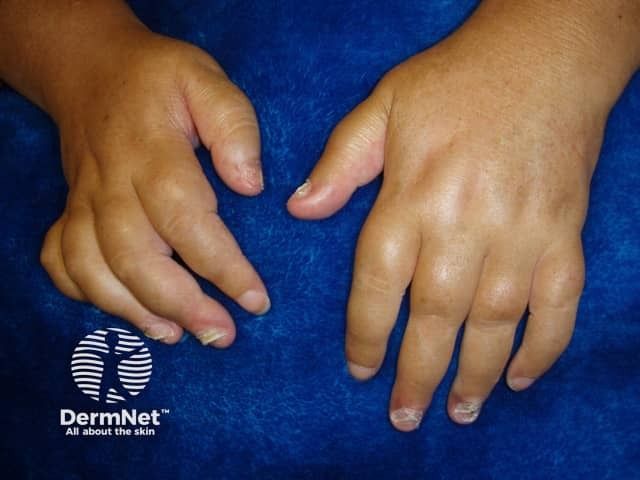- Case-Based Roundtable
- General Dermatology
- Eczema
- Chronic Hand Eczema
- Alopecia
- Aesthetics
- Vitiligo
- COVID-19
- Actinic Keratosis
- Precision Medicine and Biologics
- Rare Disease
- Wound Care
- Rosacea
- Psoriasis
- Psoriatic Arthritis
- Atopic Dermatitis
- Melasma
- NP and PA
- Skin Cancer
- Hidradenitis Suppurativa
- Drug Watch
- Pigmentary Disorders
- Acne
- Pediatric Dermatology
- Practice Management
- Prurigo Nodularis
- Buy-and-Bill
Article
Study to evaluate efficacy of Allovectin-7 for advanced melanoma
Chicago - Researchers at the University of Illinois at Chicago (UIC) are taking part in a multicenter trial to determine the safety and effectiveness of Allovectin-7 (Vical) for treating advanced melanoma.
Chicago - Researchers at the University of Illinois at Chicago (UIC) are taking part in a multicenter trial to determine the safety and effectiveness of Allovectin-7 (Vical) for treating advanced melanoma.
According to a UIC press release, the phase 3 study will determine if Allovectin-7, a gene-based immunotherapy for certain other types of cancer, is more effective than standard chemotherapy for treating advanced melanoma.
In the press statement, Michael Warso, M.D., UIC associate professor of surgical oncology and one of the study’s investigators, says, “Melanoma, like many types of cancer, is often successful at keeping the body from attacking it. We believe that Allovectin-7 triggers several of the body’s natural immune response mechanisms to recognize and attack the tumors, both locally and throughout the body.”
The study will enroll about 375 patients nationwide. Two-thirds of them will be chosen to receive Allovectin-7 alone, while the rest will receive standard chemotherapy - dacarbazine or temozolomide - alone. The Allovectin-7 will be injected into tumors weekly for six consecutive weeks, a cycle that may be repeated every eight weeks. Participants will be monitored to assess disease status, treatment safety and tolerability. Those whose melanoma does not worsen will be encouraged to continue the treatment and be assessed for up to two years.
The UIC press release notes that the investigational agent can be given on an outpatient basis and has been safe and well-tolerated in past clinical trials.
Allovectin-7 was developed by San Diego-based Vical, which is funding the trial. More information on the study can be found at www.melanomatrial.com.





